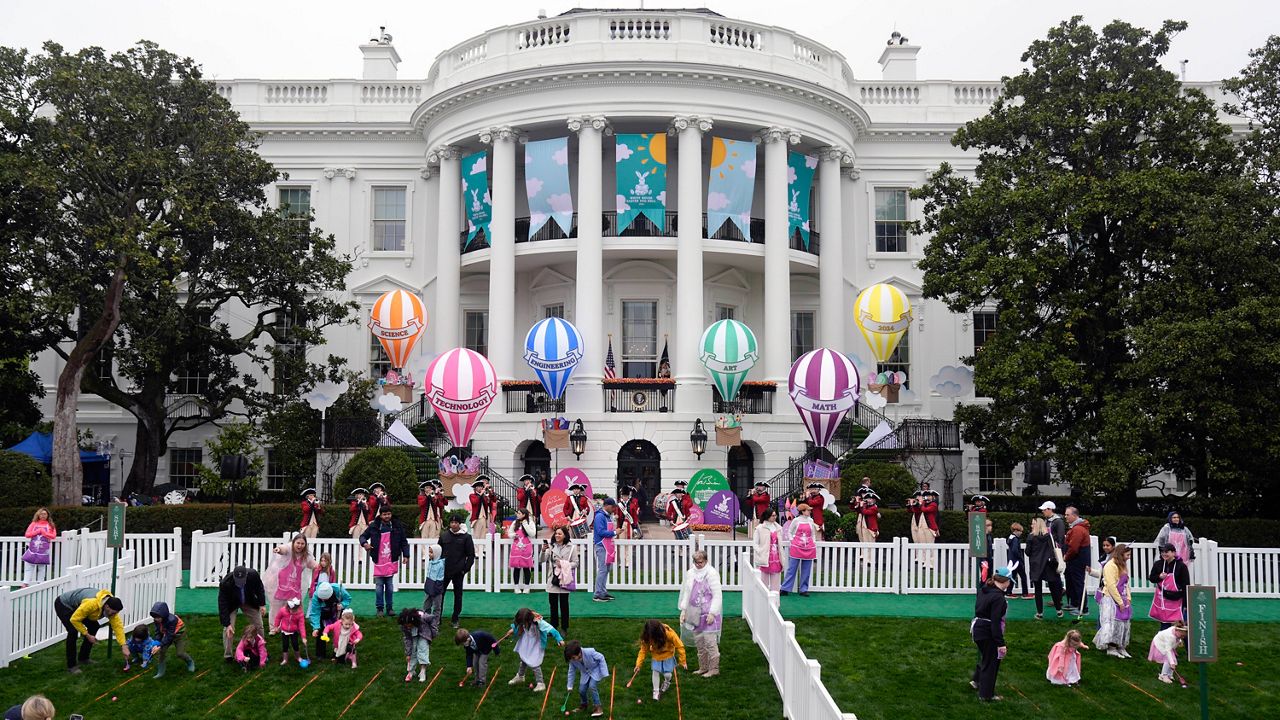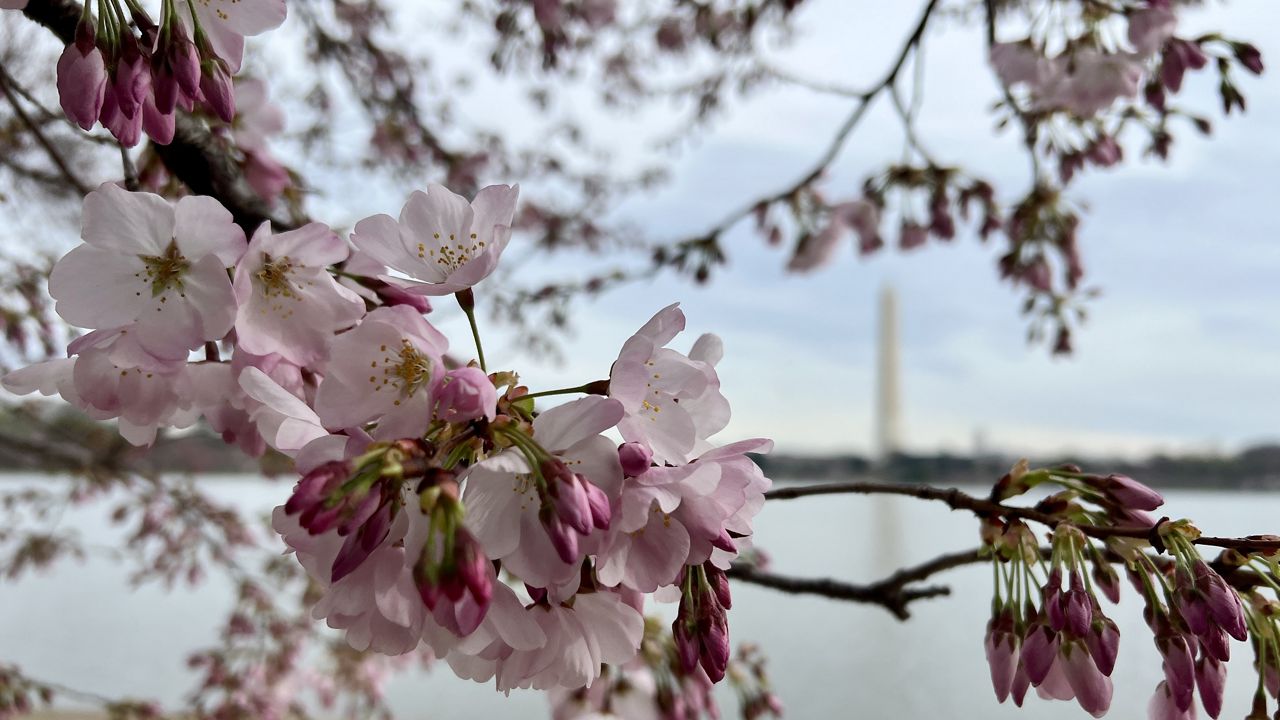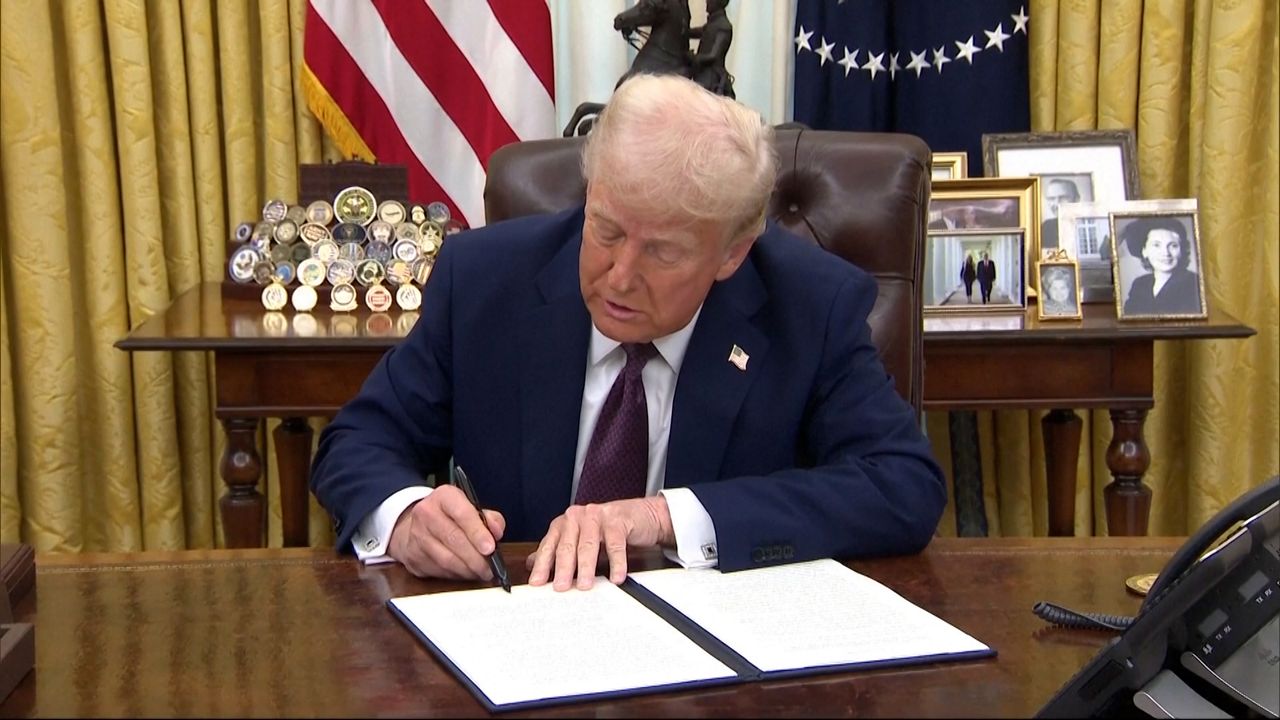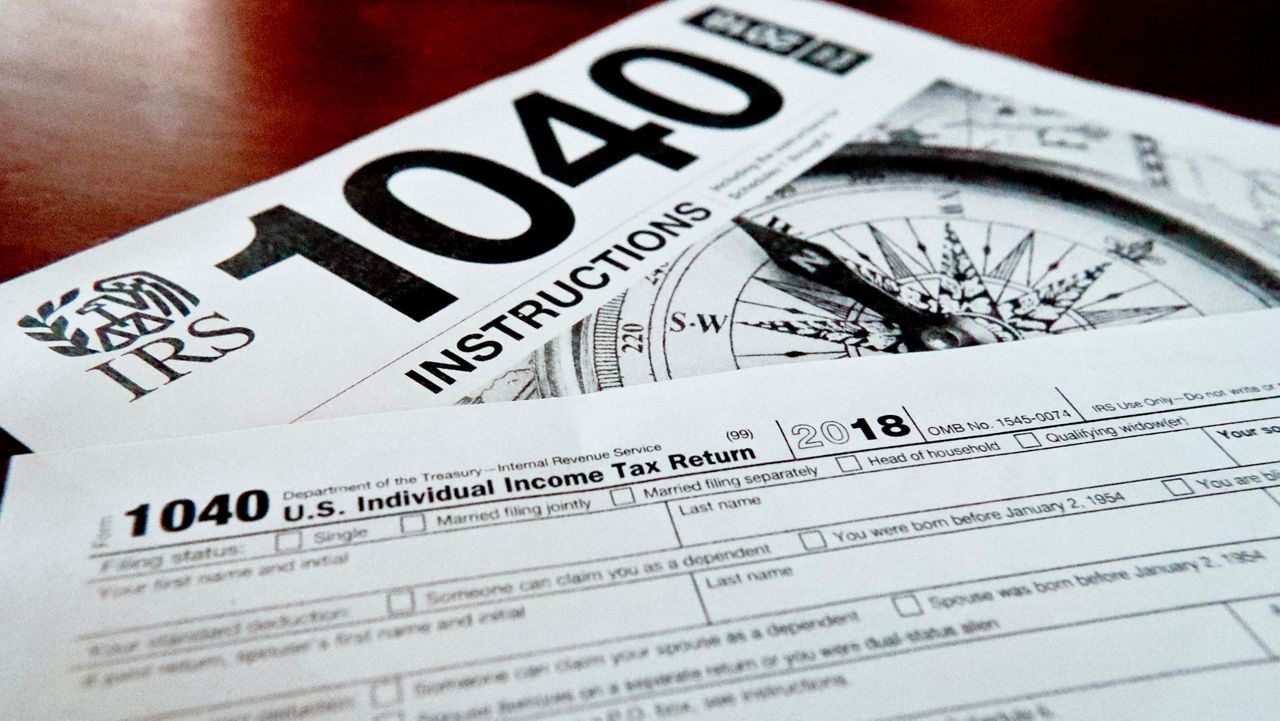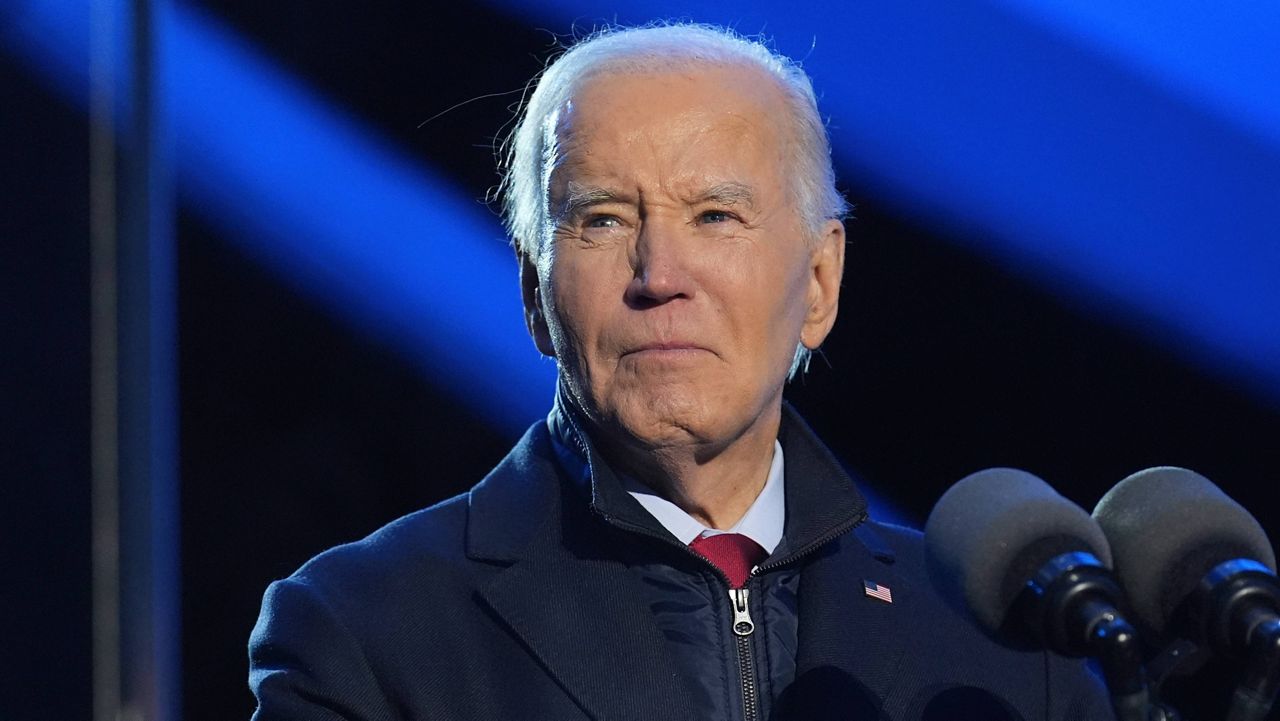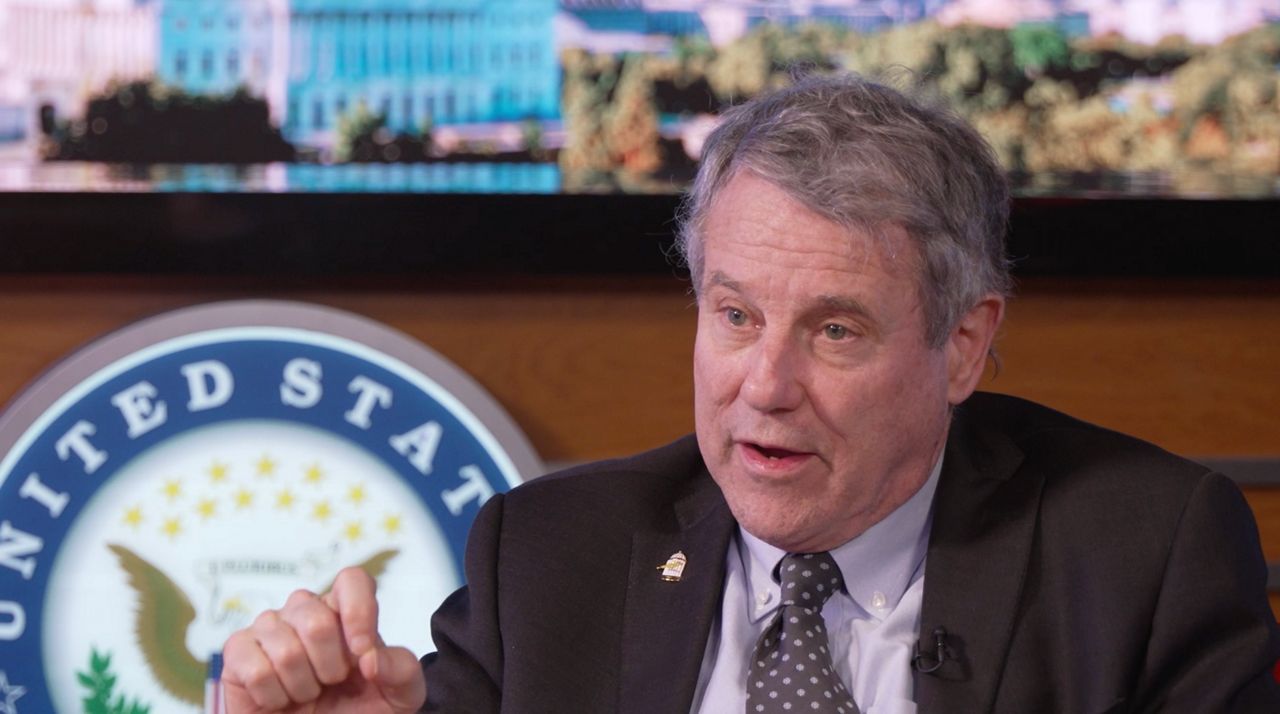At a recent Donald Trump campaign rally in Saginaw, Michigan, Brodrick Sims was one of the few young Black men to show up.
“I always supported him since, what, 2016? I always thought our views aligned,” Sims, 32, told Spectrum News.
Trump made no direct appeals to Black voters during the rally, but his campaign has been making a concerted effort this year to reach out to them, specifically Black men.
When asked if he’s noticed anything different about the outreach this election cycle, Sims said yes.
“To be honest, I do. I’ve seen a lot of people be acting on TikTok. Especially Black men and Black women as well,” he said.
Saginaw, the largest city in Saginaw County, is nearly 50% Black. It’s the only county in all of battleground Michigan that voted for Barack Obama twice, then for Trump in 2016, and then for Joe Biden in 2020.
In the final weeks of the 2024 campaign, Trump and Vice President Kamala Harris are working to turn out voters in key states like Michigan and Georgia, which happen to have large Black populations.
GOP groups like the Black Conservative Federation are using social media and bus tours to try to rally support for Trump.
According to the Pew Research Center, Biden won 92% of Black voters in 2020 while Trump earned just 8%. Eighty-five percent of Trump supporters in 2020 were white.
While recent polling shows Harris – the first Black woman to be a major party’s nominee – is widely popular among Black voters, surveys conducted in September show Trump making inroads with young Black voters, specifically young Black men.
Florida Congressman Byron Donalds, a Black Republican who supports Trump, appeared on the popular radio show “The Breakfast Club” recently and spoke about it.
“One of the reasons why Black men, in particular, are starting to look at Donald Trump is because they’re like, ‘You know what, at least my pockets were good when he was president,’” he told the hosts.
Bruce LeVell, a senior Trump campaign surrogate who helped start Trump’s national diversity coalition in 2015, said Donalds’ appearance on the show is an example of the changing media environment and more opportunities for Republicans to connect with Black men.
“We’re starting to loosen up some of the liberal podcasts that are taking interest,” he told Spectrum News. “The media influencers have grown tremendously.”
At Trump’s rally in Saginaw, Black voters spoke a lot about the economy.
“I’m a business owner too, so, at the end of the day I think he looks out for a lot of small businesses,” said Billy Broaden, when asked how he feels connected to Trump, a white billionaire from New York.
Back in April, Spectrum News met Pastor Hurley Coleman, who leads World Outreach Campus Church in Saginaw. Coleman’s son and grandson had met with Biden when the president was running for reelection and visited the city in March.
Coleman, who has since been promoted to bishop, is now fully supporting Harris, but acknowledged young Black men in his congregation are at least talking about Trump more.
“I’m seeing evidence of the conversational shift, but not the commitment shift [to vote],” he said in an interview on Friday.
Coleman said he believes Harris will still perform well in Saginaw County, but he said the race will be close and encouraged her to visit the area.
“I think there’s reason for concern for Black voters anywhere and everywhere. Nothing should be taken for granted,” he said. “Because it’s not a matter of whether they vote for the other party, it’s just whether they vote, period.”
In 2016, Trump won Saginaw County by just over 1,000 votes. In 2020, he lost it by 303 votes. Outreach to specific voting blocs could make the difference in 2024.






